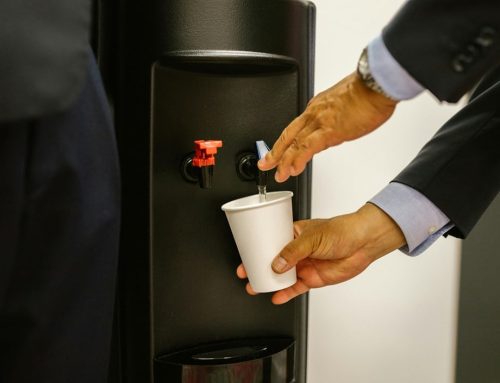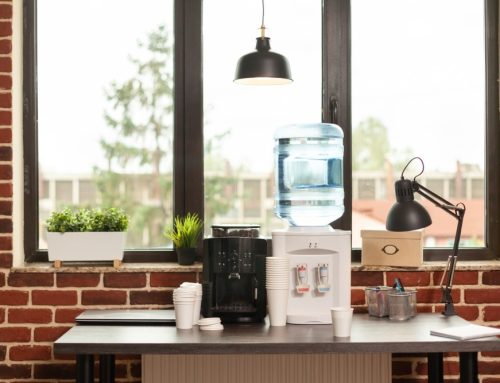
In reality, bottles water can frequently be of even lower quality than tap water as a result of various factors. Not only that, but the bottle water industry adds immense pressure on our already fragile ecosystems and have a significant negative impact on our carbon footprint.
While natural spring water is almost certainly tastier and a better health option for consumers, the benefits are often compromised by the ugly realities of the water bottle industry. In reality, there is a far safer, more environmentally-friendly and more economical way in which to consume natural spring water – via bottled water cooler which makes use of large, re-useable water bottles and is a regulated industry to ensure only top quality water reaches consumers.
Here are 3 reasons why you should switch from water bottles to a bottled water cooler.
Water bottles end up as garbage
While plastic water bottles are in demand by recyclers, the reality is that over 80% of plastic bottles are simply chucked away. The water bottle industry produces 1.5 million tons of plastic waste per year. The production of that much plastic requires 47 million gallons of oil per year to produce, which means that not only does the dumping of plastic have a direct effect on garbage levels, but also indirectly causes a significant increase in fossil fuel production; which in turn causes vast increases in your carbon footprint if you as a consumer make use of water bottles.
Plastic takes an enormous period of time to decay, which has resulted in plastic waste reaching astronomical levels. Plastic waste now pollute our oceans at unprecedented levels, causing severe damage to our marine life – fish, birds and ocean dwelling mammals are killed as a result of mistaking the garbage, which occupy vast swirling eddies of trash along ocean currents, for food.
Water bottles contain cancer causing agents
The plastic bottles used for bottles of water contain a group of chemicals called phthalates, which is a cancer causing agent. Phthalates have been known to leach into the water contained in the water bottles – obviously at some risk to the consumer.
Water bottle incineration releases chemicals with devastating environmental and health effects
As an alternative to dumping plastic waste, plastic water bottles are often incinerated as a method with which to dispose of the plastic. While this is the lesser of two evils, the incineration of plastic bottles releases toxic by-products that have devastating effects on air quality and human health.
Among the by-products released by the incineration of plastic bottles is chlorine gas. Depending on your level of exposure to chlorine gas, the effects can be anything from sore throat, coughing, skin and eye irritation to breathing difficulties, chest pain and nausea. Excessive exposure can even be fatal to humans.
Ash containing various heavy metals is also released during the incineration of plastic bottles. Each of these heavy metals has its own set of effects; common among them is the ability to cause health issues including vomiting, diarrhoea, sore throat, fever, cardiovascular issues, birth defects, mental retardation, headache and breathing difficulties.
It is thus much safer and environmentally friendly to make use of a water cooler – mains fed or one making use of bottled water. This might seem strange but the bottles used on bottled water coolers are not at all the same as those used by small bottle manufacturers. The 18.9l bottles used on bottled water coolers are re-used – thus no undue pressure is added to an environment already struggling under plastic waste levels. In addition, the bottles are manufactured using a hard plastic – which does not corrode and cause harmful chemicals to leach into the water contained in the bottle.





